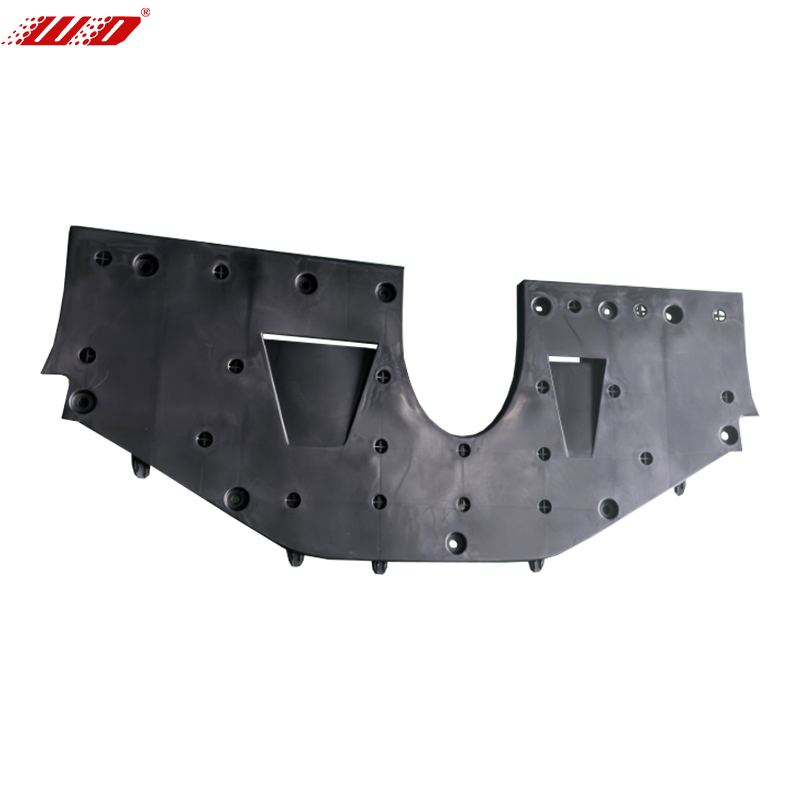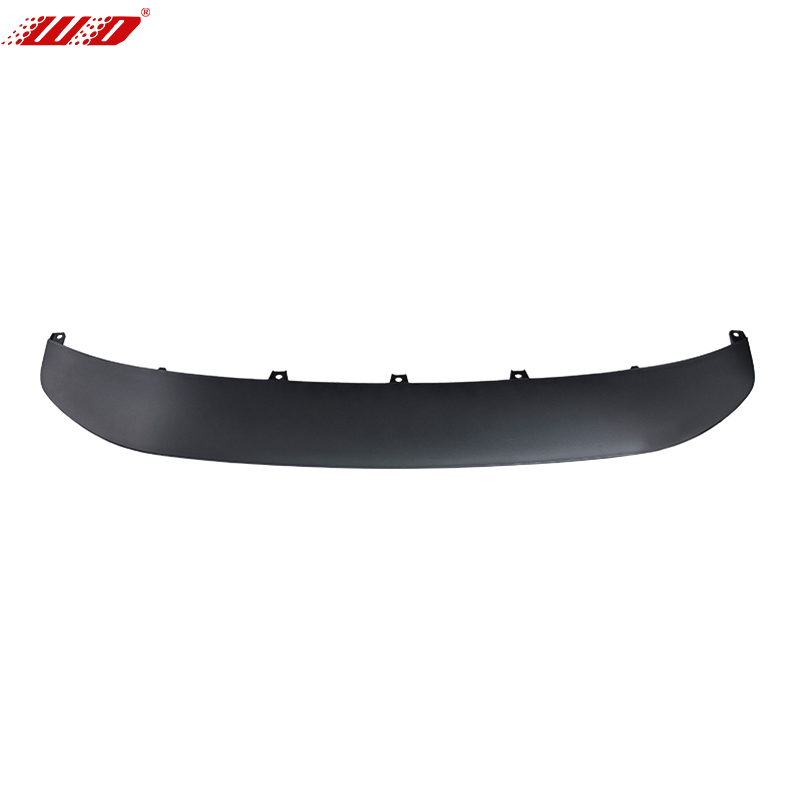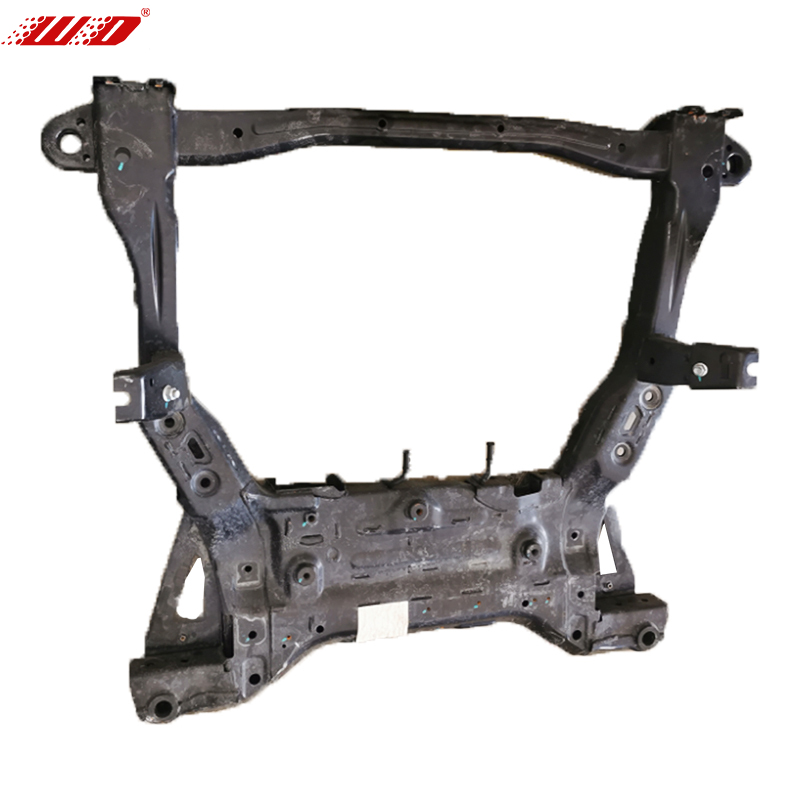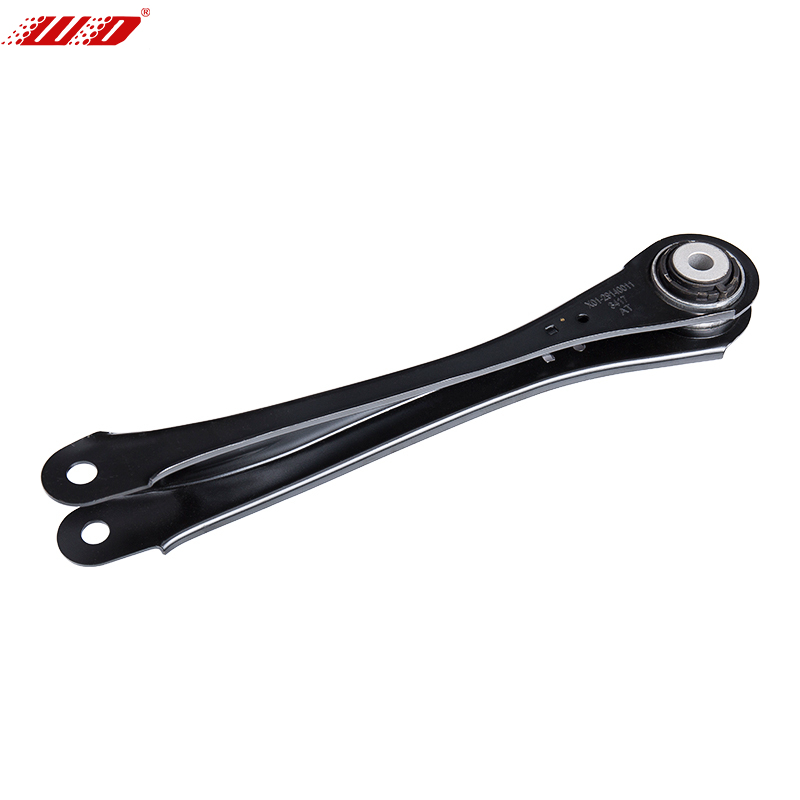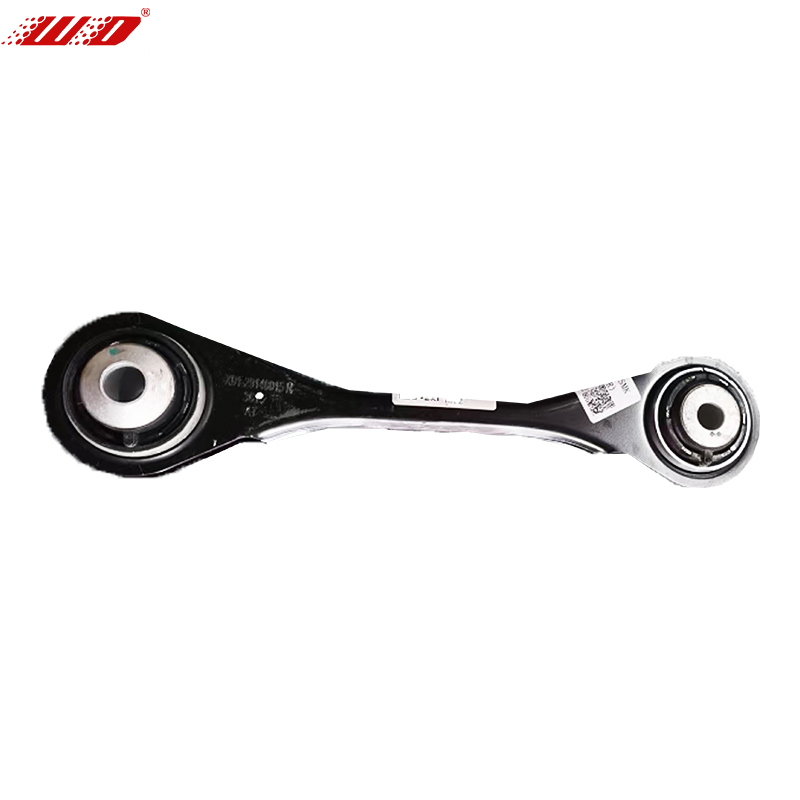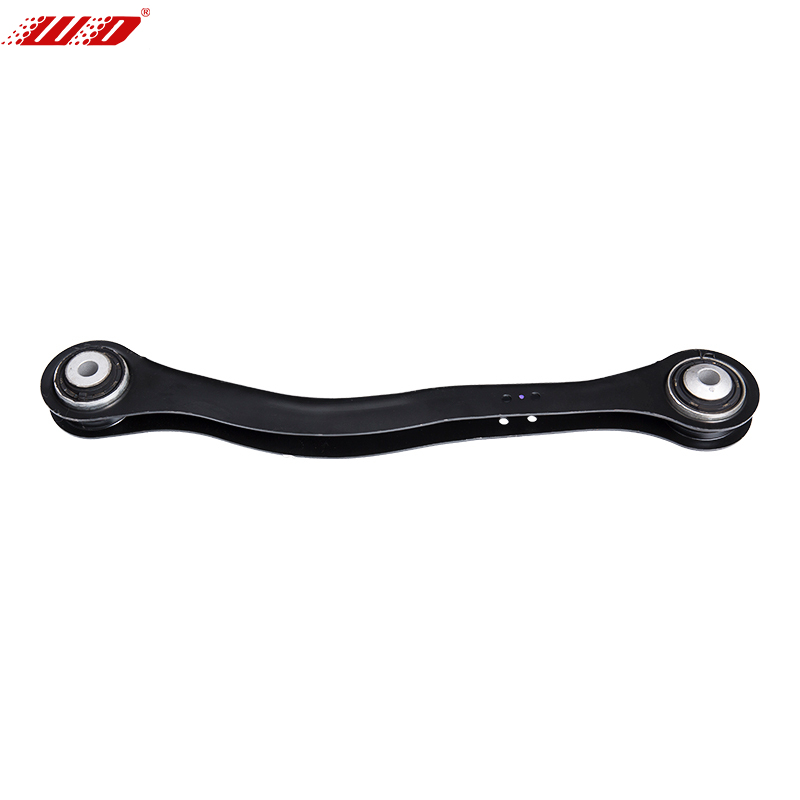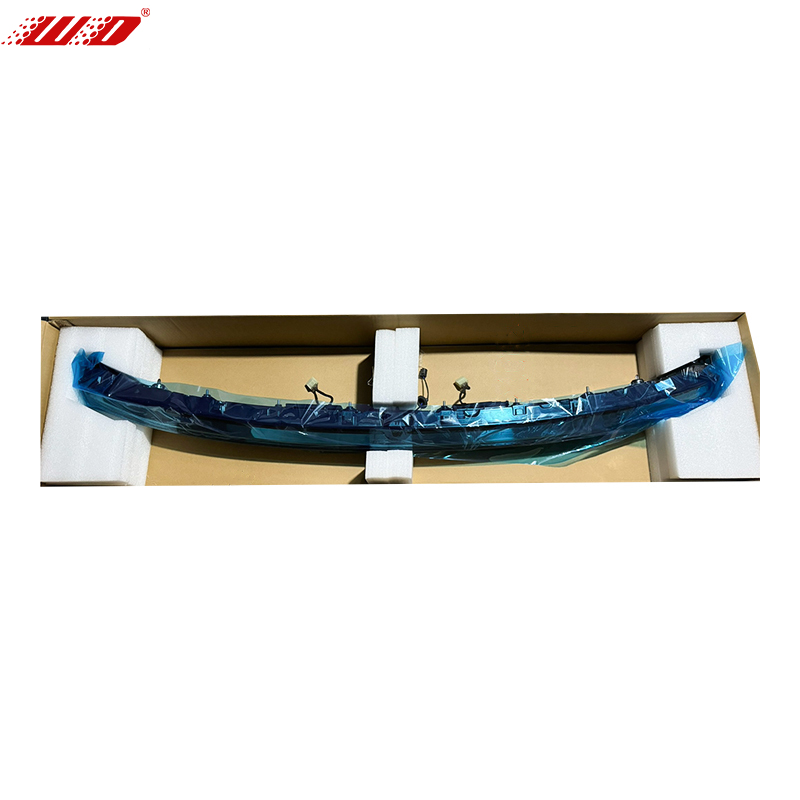When your car needs repair or maintenance, you're faced with a crucial decision: Original Equipment Manufacturer (OEM) parts, often called Genuine or Original parts, or aftermarket alternatives. While aftermarket parts can be cheaper, choosing Original Auto Parts offers significant advantages in quality, fit, performance, and long-term value.
What Are Original Auto Parts?
-
Manufactured by the Vehicle Maker (or their Designated Supplier): These parts are produced by the company that built your car (e.g., Toyota, Ford, BMW) or by suppliers specifically contracted and approved by them to exacting standards.
-
Designed and Engineered Specifically for Your Vehicle: Every dimension, material specification, and performance characteristic is meticulously crafted to integrate seamlessly with your specific make, model, and year.
-
Identical to What Was Installed at the Factory: When you buy an OEM part, you're getting the exact same component that was originally fitted to your vehicle on the assembly line.
Why Choose Original Auto Parts?
-
Perfect Fit and Guaranteed Compatibility:
-
No guesswork. OEM parts are designed to bolt on or fit precisely without modification.
-
Eliminates risks of leaks, rattles, warning lights, or poor performance due to incorrect fitment common with some aftermarket parts.
-
-
Assured Quality and Reliability:
-
Manufactured to the automaker's rigorous quality control standards using specified materials.
-
Subjected to the same extensive testing (durability, safety, performance) as the parts used in new vehicle production.
-
Offers predictable performance and longevity.
-
-
Optimized Performance:
-
Engineered to work harmoniously with all other systems in your vehicle (engine, transmission, electronics, suspension, safety systems).
-
Ensures your car performs as the manufacturer intended, maintaining fuel efficiency, handling, and driving characteristics.
-
-
Preserved Warranty:
-
Using OEM parts for repairs is often required to maintain the validity of your new car warranty or certified pre-owned warranty.
-
Using non-OEM parts for certain repairs can sometimes void portions of your warranty.
-
-
Enhanced Safety:
-
Critical for safety components like airbags, brake parts, sensors, and structural elements. OEM parts meet the exact crash safety and performance standards set for your vehicle.
-
The integrity of complex electronic systems (ADAS, engine management) relies heavily on precise component specifications found in OEM parts.
-
-
Long-Term Value:
-
While the initial purchase price may be higher than some aftermarket options, OEM parts often last longer, perform better, and prevent costly secondary problems caused by poor fit or failure.
-
They help maintain your vehicle's resale value – buyers often prefer cars maintained with genuine parts.
-
-
Peace of Mind:
-
Knowing you've installed the part specifically designed for your car reduces worry about potential failures or compatibility issues.
-
Where to Find Original Auto Parts:
-
Authorized Dealerships: The primary source. Dealership parts departments stock parts specifically for the brands they sell.
-
Online OEM Parts Retailers: Many dealerships now have robust online stores. Reputable online retailers also specialize in sourcing genuine OEM parts directly from manufacturer distribution networks (often offering competitive pricing).
Myths vs. Facts:
-
Myth: "All parts are the same; OEM is just a brand name markup."
-
Fact: OEM parts are held to specific engineering and material standards defined by the vehicle manufacturer. Many aftermarket parts are reverse-engineered approximations.
-
-
Myth: "Aftermarket parts are always just as good and cheaper."
-
Fact: While some premium aftermarket brands offer excellent quality (often matching or exceeding OEM), quality varies hugely across the aftermarket. Many cheaper alternatives compromise on materials, precision, and durability. OEM guarantees consistency.
-
When Might Aftermarket Be Considered?
-
For older vehicles where OEM parts are discontinued or extremely hard to find.
-
For non-critical cosmetic parts.
-
When seeking specialized performance upgrades (though OEM+ parts from the manufacturer's performance division are often best).

Conclusion:
Choosing Original Auto Parts is an investment in your vehicle's health, safety, performance, and value. They provide the confidence that repairs are done correctly with components engineered to the highest standards for your specific car. While the upfront cost might be slightly higher, the benefits in reliability, fit, safety, and long-term peace of mind make OEM parts the smart and often most economical choice for discerning vehicle owners who want to keep their car running like new. When it matters most – especially for critical components – genuine is the benchmark.

 English
English русский
русский Español
Español
